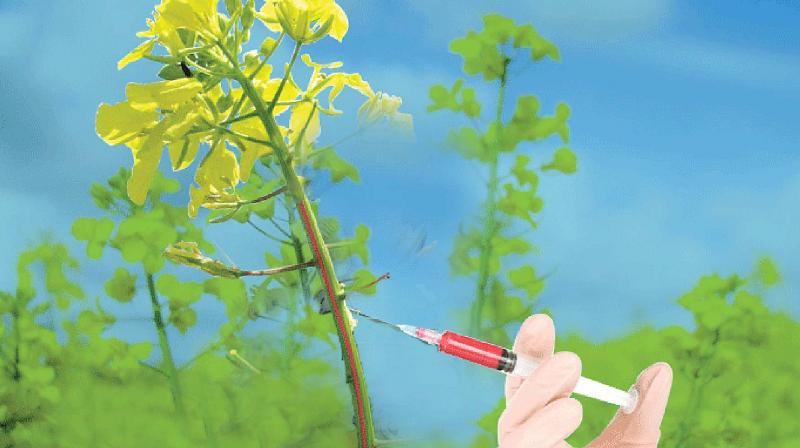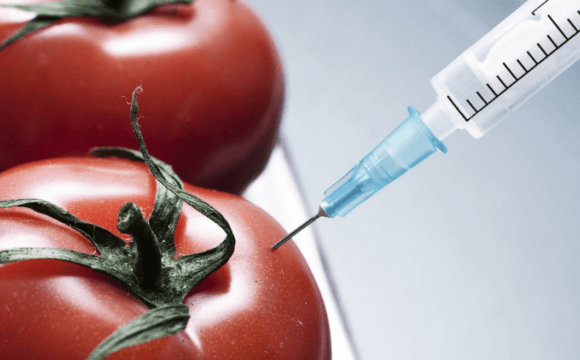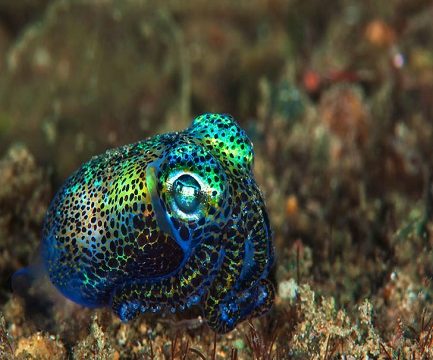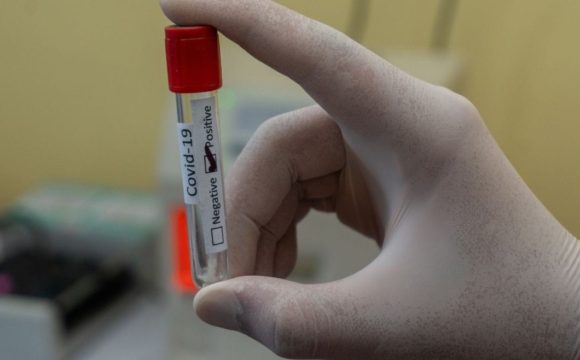The advances in Biotechnology have had a great impact on the developments in Agricultural Sciences. Identifying genes to improve the colour and fragrance of flowers or enzyme-based ways to produce biofuels, the increased knowledge of plant genomes led to the formation of what is known as genetically modified crops (GM Crops). These crops are produced by transforming the plant cells mostly to host a foreign DNA which will then integrate into the plant system. The newly transformed crops will now have many distinguished desirable properties compared to their parent.
Countries around the world use many varieties of GM crops, The United States of America being its largest user grows maize, soybean, and potatoes amongst others. India, however, uses only one variety which is BT cotton. It, however, cultivates Bt cotton on over 11.6 million hectares of areas making India the fourth largest producer of GM crops globally. BT stands for insect resistance developed from a toxin of the bacteria Bacillus thuringiensis. It protects the plant from the moth attacks in particular. Now, However, India might have a new member in the list of its GM member in the list of crops grown in India.
The GM mustard DMH11 (Dhara Mustard Hybrid 11) which is herbicide tolerant uses a system of genes from the soil bacterium that makes it more suitable for the hybridization than current methods. It has been developed by Delhi University-based Centre for Genetic Manipulation of Crop Plants (CGMCP) under the leadership of Deepak Pental. The Genetic Engineering Appraisal Committee (GEAC), which is the apex body to approve the large-scale use of genetically modified organisms/plant has already approved the Mustard hybrid. Now before its commercial cultivation, it only needs a green flag from the ministry of Union Environment Minister, Mr. Anil Dave.
The approval of GM Mustard has attracted some sharp criticism as well. Prominent voices include Vandana Shiva, the notable environmental scientist, who maintains that the use of GM Mustard will badly hamper the indigenous mustard growth. And that the genetically modified crop will monopolize the field throwing out its competitors. She fears that GM mustard is actually Bayer mustard (a Life science company based in Germany) which will try to penetrate through Indian patent laws (which prohibits seeds and plants from being patented). This royalty might lead to the shooting of the prices of seeds. And add to the plight of indebted farmers who end up committing suicide. It is important to note here that since Bt cotton was developed by American based company Monsanto, they hold the patent for its seed and India has to pay the royalty to them for every seed it buys. She calls that the portraying of GM plants in India as the saviour is actually a fraud committed by the nation and hopes that the Environment Ministry will stop it as they did in the case of BT brinjal.
Another powerful criticism came from the Swadeshi Jagran Manch (SJM) which is an economic wing of the Sangh Parivar. The body has written to Prime Minister Modi before the recent approval and now plans to write again to prevent the GM mustard from getting approval by the Government. Their objections are similar to that of Vandana and are in particular about the short period in which this decision was taken by the GEAC and the safety concern for the environment and ecology with the use of this new variety of crop. “We are against the commercial use of any genetically modified crops, including the GM mustard. And we will request that the government should not allow its commercial cultivation,” SJM co-convener Ashwani Mahajan said.
The debate behind the use of GM crops is not a new one. Many strong cases have been made in pro and against its use since long. The pros have been the stronger yield, insect, pest and herbicide resistance, drought resistance, increased nutritional content while the cons have been increased allergy, introducing transgene in other plants, doubts on safety and accusation of increasing the antibiotic resistance in the body to even carcinogenicity. However, no concrete data exist till date to back the claims of GM crops being carcinogenic.
Critics of GM crops have also been themselves accused of creating hype and lacking scientific backing. It is important to note that while environmentalists are against the use of DMH11 (Dhara Mustard Hybrid 11) It has been welcomed by the scientific community. According to Dr. Govindarajan Padmanaban, molecular biologist and the former director of Indian Institute of Science, Bangalore, Hybridization in mustard is difficult as both the male and female parts are self-pollinating. This has been solved by introducing the barnase gene which makes the male sterile and barstar into the donor plant which inhibits barnase and thereby simplifying crossing. He holds that the ultimate decision is of the farmers alone.
The Farmers will and consent, however, seems to have been dismissed from the discourse around this subject. We do not seem to have any lobby that directly represents the voice of farmers. Does this voice even exist? And if yes, Will it reach the Ministry before the final call?
Reference:
- www.news18.com/news/india/why-scientists-are-welcoming-approval-for-commercial-production-of-gm-mustard-1401407.html
- www.indiatimes.com/news/india/mustard-is-all-set-to-become-the-first-genetically-modified-food-in-india-here-s-what-it-means-321439.html










